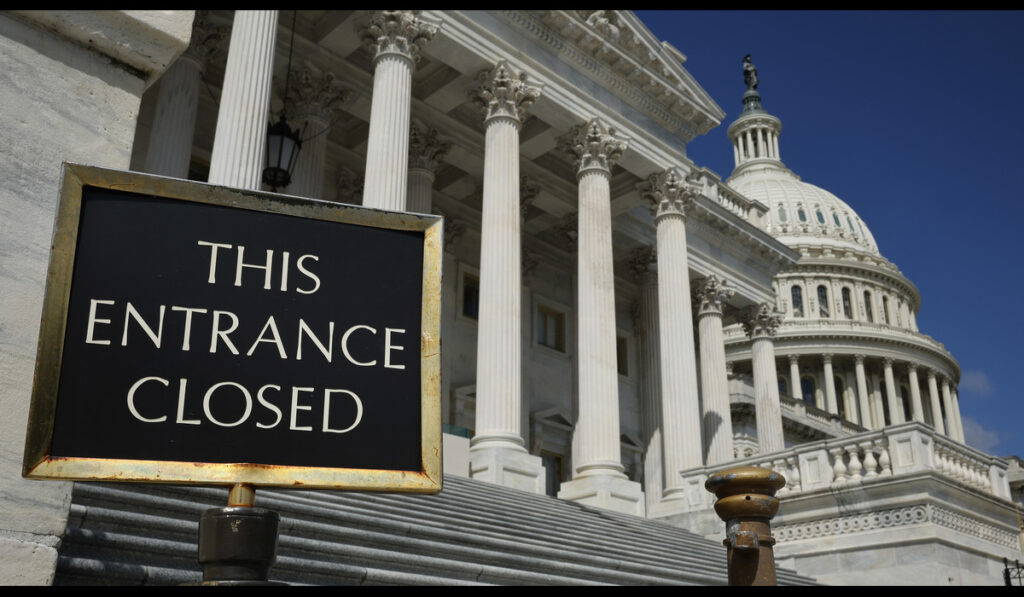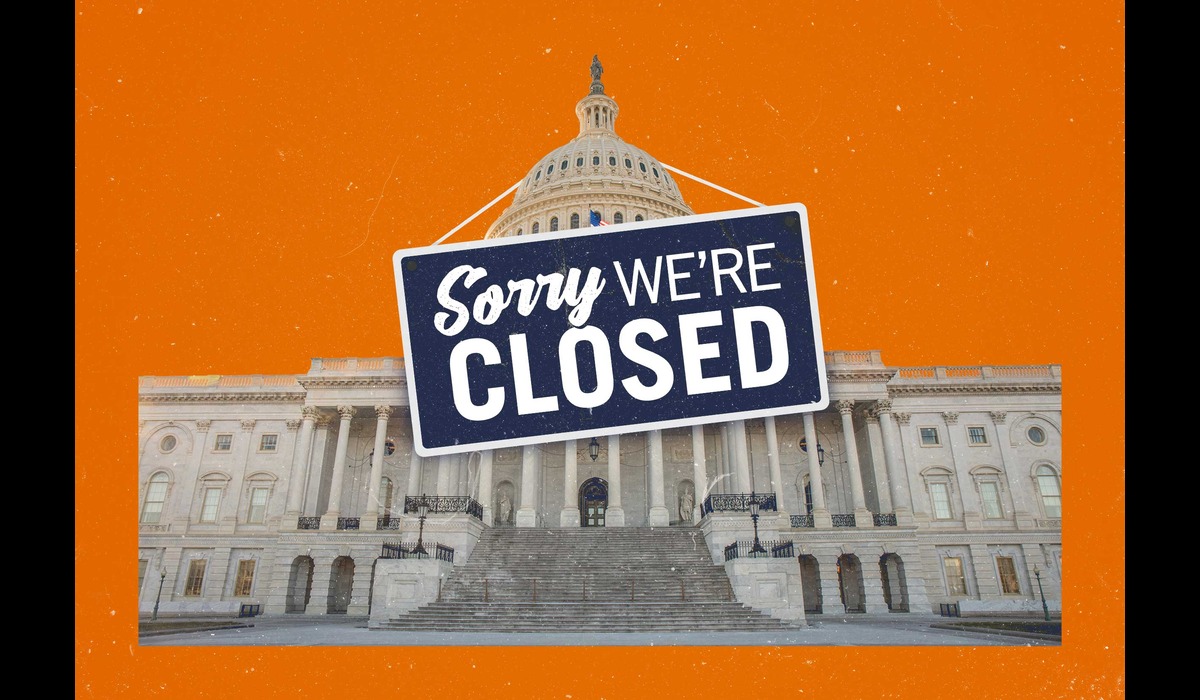Introduction to Government Shutdowns
Welcome to the turbulent waters of government shutdowns, where financial stability hangs in the balance. As these unpredictable events continue to make headlines, it’s crucial to grasp their far-reaching implications on individuals and the economy. Join us as we dive into understanding the ripple effects of a government shutdown and how you can confidently navigate these uncharted waters.
Impact on Federal Employees and Contractors
As the government grapples with shutdowns, federal employees and contractors bear a heavy burden. For federal workers, uncertainty looms large as paychecks are delayed or even halted. Bills continue to pile up, creating financial strain for those who rely on their salaries to make ends meet.
Contractors working with the government also face challenges during shutdowns. Projects may be put on hold indefinitely, leading to financial instability and potential layoffs. A steady income stream from government contracts protects these individuals and businesses in an already competitive market.
The impact goes beyond monetary concerns; morale can take a hit as job security becomes precarious. Federal employees and contractors must navigate uncharted waters during shutdowns, finding ways to cope with the disruption while hoping for swift resolutions from policymakers.
Effects on the Economy
The effects of a government shutdown on the economy can be far-reaching and impactful. When federal agencies cannot operate thoroughly, it can disrupt various sectors, leading to uncertainty and financial instability.
Businesses that rely on government contracts may experience delays or cancellations, affecting their revenue streams. Consumer confidence may also decrease as people worry about the implications of a prolonged shutdown on their jobs and investments.
Stock markets can become volatile during a shutdown, with investors reacting to the uncertainty by selling off stocks or hesitating to make new investments. This volatility can ripple through the financial system, potentially triggering broader economic repercussions.
Small businesses dependent on government services may face cash flow challenges if payments are delayed. Contractors who provide goods or services to the government could see disruptions in their cash flow, impacting their ability to meet payroll and other financial obligations.
An extended government shutdown can slow economic growth and hinder recovery efforts in affected regions. As policymakers navigate these uncharted waters, businesses and individuals must stay informed and adapt accordingly.

Managing Personal Finances during a Shutdown
During a government shutdown, managing personal finances becomes crucial to navigate the uncertainty that lies ahead. It’s essential to prioritize expenses like rent, utilities, and groceries while cutting back on non-essential purchases. Creating a budget tailored to the circumstances can help identify areas where costs can be reduced.
Exploring options such as temporary employment or gig work can provide additional income during a shutdown period. Additionally, contacting creditors or service providers for potential payment arrangements or extensions can alleviate financial strain. Taking advantage of community resources like food banks or assistance programs can also offer support during challenging times.
Building an emergency fund when finances are stable is essential for weathering unexpected events like government shutdowns in the future. Utilizing online tools and apps for tracking spending and setting financial goals can aid in staying financially organized even amidst uncertainties. By proactively managing personal finances, individuals can better prepare themselves for unforeseen financial challenges due to government shutdowns.
Ways to Prepare for Future Shutdowns
Navigating the uncertainty of a government shutdown can be daunting, but being prepared is critical to weathering the storm. One way to prepare for future shutdowns is by creating an emergency fund designated for such situations. Setting aside a portion of your monthly income can provide a financial cushion in case of unexpected disruptions.
Another critical step is to review and update your budget regularly. By tracking your expenses and identifying areas where you can cut back, you’ll be better equipped to handle financial challenges during a shutdown. Additionally, consider diversifying your sources of income by exploring side gigs or freelance opportunities.
It’s also wise to stay informed about developments in government funding and potential shutdown scenarios. Being proactive and staying ahead of the curve can help you make informed decisions regarding your finances when uncertain. Remember, preparation is critical when navigating uncharted waters like government shutdowns.
The Role of Financial Institutions
Financial institutions play a crucial role during government shutdowns by supporting and guiding individuals and businesses navigating uncertain economic waters. These institutions offer assistance in the form of loan modifications, payment deferrals, and financial counseling to help clients weather the storm.
During a shutdown, banks and credit unions often provide flexible solutions for those impacted by loss of income or delayed payments. They may also offer unique programs tailored to assist federal employees and contractors facing financial hardships due to the shutdown.
Moreover, financial institutions can be valuable resources for information on managing finances effectively during economic uncertainty. By leveraging their expertise and services, individuals can make informed decisions to protect their financial well-being amidst the turmoil caused by a government shutdown.
In times of crisis, having a trusted partner like a bank or credit union can make all the difference in maintaining stability and security in one’s financial life. It is essential to proactively engage with these institutions to explore available options for support during challenging times such as a government shutdown.
Conclusion
Navigating a government shutdown can be challenging for many individuals and businesses. The financial implications can have far-reaching effects on federal employees, contractors, the economy, and personal finances. It is crucial to stay informed about potential future shutdowns and prepare accordingly.
By understanding the impact of government shutdowns, managing personal finances prudently during uncertain times, and seeking guidance from financial institutions when needed, individuals can navigate these uncharted waters more effectively.
As we look towards the future, proactively preparing for potential government shutdowns will help mitigate financial risks and uncertainties. By staying informed, making sound financial decisions, and building a solid financial foundation, individuals can better weather the storm if faced with another government shutdown.
While navigating through a government shutdown may be daunting at times, being well-informed and prepared can make all the difference in securing your financial well-being during these challenging periods.




